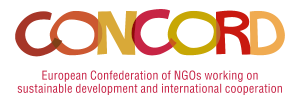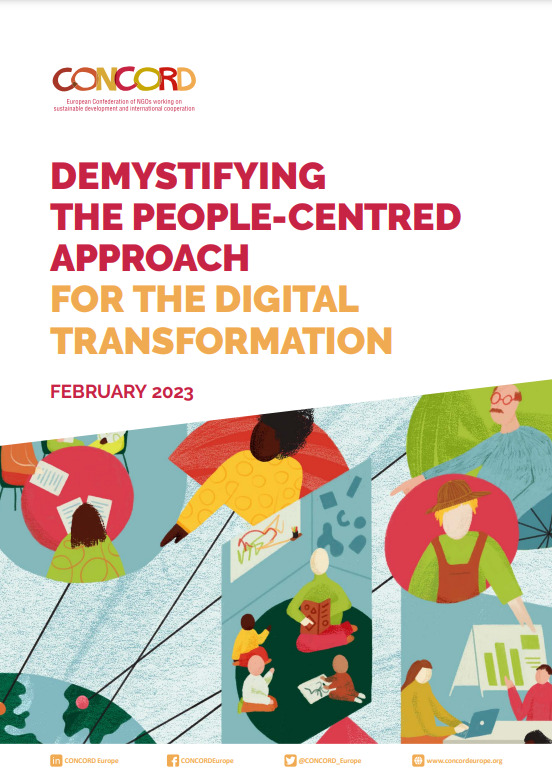Digitalisation
What’s the issue?
The speed, scope, and complexity of the digital transformation makes it difficult to fully grasp its consequences for people around the world. On the one hand, digitalisation is transforming the way we communicate and conduct our daily lives.
It has great potential as an enabler of progress, accountability, human rights, social justice, and as a powerful tool to reduce inequalities. On the other hand, the rapid technological transformation of our world has created uncertainty and insecurity. It continues to raise serious human rights concerns linked to discrimination, privacy and surveillance, mis- and disinformation.
Digitalisation has been shown to entrench existing inequalities, as well as to create new forms of inequalities between the connected and the unconnected.
Moreover, as digital technologies have created tools that empower civil society and citizens, they have also created new tools for repression and attacks on civic space. Digital tech growth is concentrated in a handful of companies, and most governments struggle to hold these giants to account for their neglect and human rights abuses.
Change we want to see
People at the centre
A comprehensive approach to ensure that the EU contributes to reducing inequalities and supporting sustainable digital development.
Civil society space
Meaningful, safe and inclusive consultation with a diverse range of civil society actors.
A reduced digital divide
Focusing on our digital community’s expertise on gender and skills.

What we want the EU to do
In order to ensure that the digital transformation does not further inequalities, the EU’s “human-centric approach” must encompass five elements that we believe are essential to leave no one behind: intersectionality, human rights, participation, policy coherence and private sector accountability.
The implementation of this approach depends on adequate policy frameworks, tools and resources, as well as collaboration with partners including civil society.
CONCORD is a member of the Digital for Development Hub Civil Society and Academia Advisory Group.
Demystifying the people-centred approach for the digital transformation
Latest resources
No Results Found
There is no campaigns available at the moment
No Results Found
There is no eu processes available at the moment
No Results Found
There is no projects available at the moment
No Results Found
There is no multimedia available at the moment
Latest news
Declaration of Digital Rights and Principles: A reality check
The European Commission’s proposal for a European Declaration on Digital Rights and Principles for the Digital Decade – an important milestone towards a foundation for our shared digital world – reflects a predictable unease.
The future is digital, but what if digital is rigged?
The latest revelations around Facebook have proven the scale of their misdeeds. What does this mean for an already shrinking civil society space? And who should be held responsible? The future is clearly digital. But that future must still respect human rights… and currently that is in the balance. That is why the EU’s efforts to curb the powers of such companies are so important.
To be connected … or not to be? Is there any choice these days?
With around half of the world’s population still not connected, those who remain in the analog world risk being left far behind. Our investments today reflect society’s commitment to the future, so let’s ensure that we bridge the digital divide for lasting prosperity and equality.
Get in touch with us
Want to get engaged? Need more information? Contact our policy expert!









